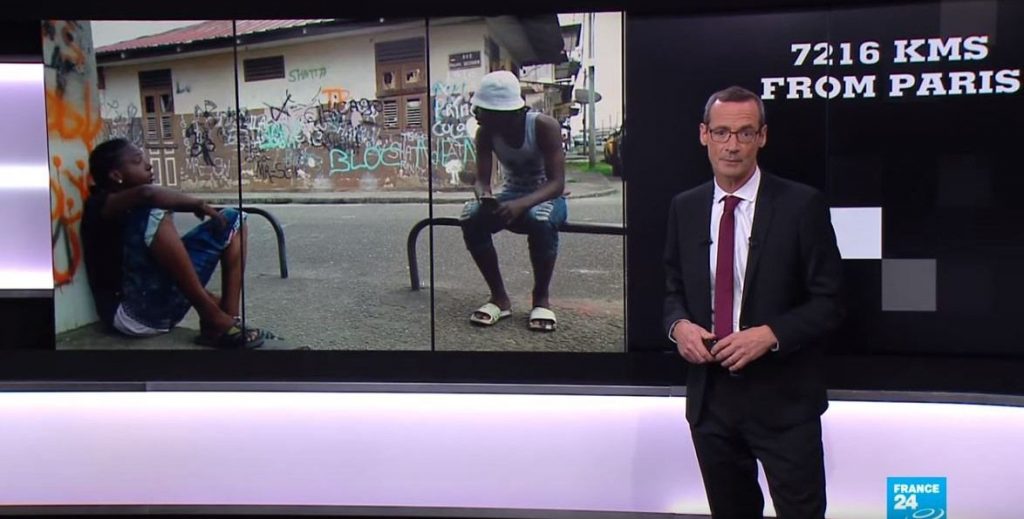I am wondering what the future of journalism is, journalism as in professional not-owned public content creation. I think we are happily past the anxiety about social media taking over from the edited media. This is not happening and will never happen. And just to finish the line, I do believe in the grassroots journalism and its role and place in keeping us up to date, but it has no chance to become mainstream simply because its economy is based on moving sand.
Technologically, the speed of data transmission and the availability of information sources, channels, vehicles, etc., have already changed us irreversibly. Information is not yet everywhere, and it is not yet universally unrestricted, but its abundance today merely is incomparable to anything, the human race has ever seen. To reverse this trend would require something in the class of the extinction of modern human.
It is no longer the question whether we and our ways of using information are going to change at a much faster pace than the humans have been evolving until recently, literally until the 1990s, when the internet and mobile telephony became widely available. Therefore, it is no longer a question if the media, as we know them, are about to change or die. And, I am repeating myself, it is not the social media or grassroots journalism that will replace it.
Now, my question is, what is or comes to be the decisive criterion or set of criteria for a specific trend or trait to dominate in shaping the future of journalism?
One trend is there seen and universally recognised—the abundance of data that no human brain, even if many taken together, is/are capable of processing. This we are developing AI to take care of. I am not discussing some obvious risks related to this.
There is an area that only humans can and must solve. Reputation. I believe that reputation has a great chance to become a major decisive criterion eventually. This is a huge challenge that may mean we will need to reinvent our models of perceiving the world.
Why reputation? First of all, reputation has obviously not yet become a criterion for a vast majority, maybe even not for anyone truly. We are being manipulated and played with to a great extent by contributors, players, content generators. Because we are humans and we are subjective, and we will never miss an opportunity to twist a fact in our “favour” it even if there is eventually no benefit even in the short run.
Take this example: a France24 film on French Guiana. Great production, tons of human interest, loads of empathy. I specifically looked for it and spent all those 17 minutes of my time to watch it. It was the very first time I watched anything from that country (which is one of France’s overseas territories and, if I am not mistaken, the only one located on mainland). So, I was genuinely interested and just as much genuinely disappointed when I finished watching. Again, exquisite production, terrific footage, very, very well-made piece of work and by watching it you learn a lot about French Guiana.
What I missed was the journalism—involving and reflecting both or more sides of the subject in question. In this case, it was about the French government not delivering on its promise to heal the territory’s many social and but mostly infrastructural woes. Whatever the reason, as a viewer, I was not allowed to hear both sides of the story. It was biased and, in my opinion, thickly ideologically tainted. Will it stop me from resorting to this channel? No, because I admire its quality. But it has certainly lost some credibility in my eyes.
That well-made, truly first-class media can afford to cause this confusion to their viewers/consumers, is the main reason why the current mainstream, market-controlling media must and will change or die. Everyone has a bunch of examples like this. This is not my only one, either. One day many years ago, I simply forgot to switch the TV on. Many have done the same. This trend is natural. We shift away from the TV, away from manipulation—either commercial or ideological. And we will have less and less tolerance to it in any new media outlets with ambitions to replace the current mainstream media. This is why I think that the switch away from manipulation, to reputation, is how a flight to quality will look like in the future information consumption. Exquisite production, terrific footage, human interest and relevance (something new to learn and discover) will become the essential requirement, not enough for excellence.



